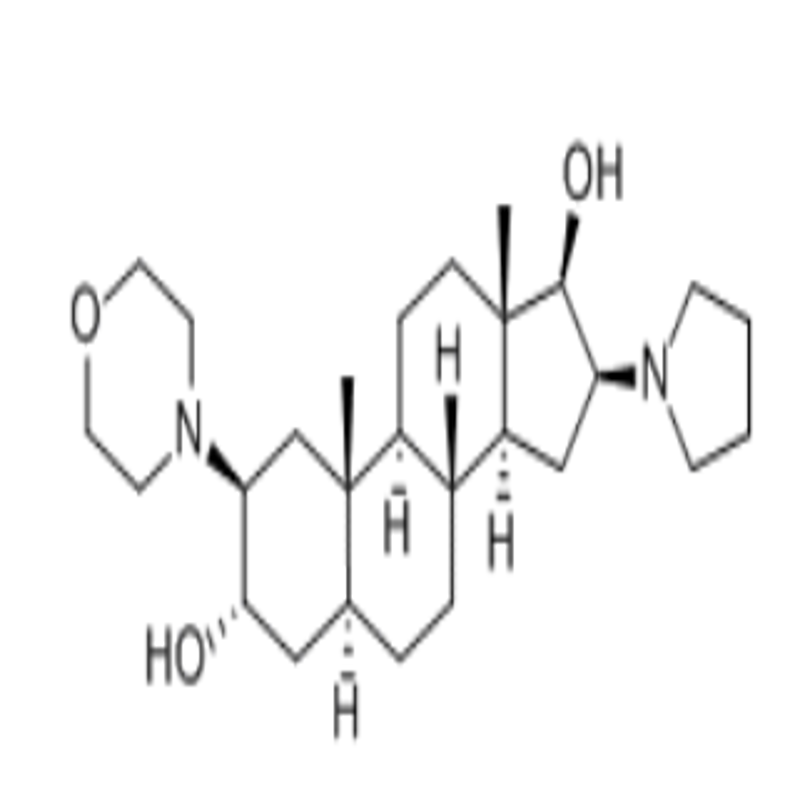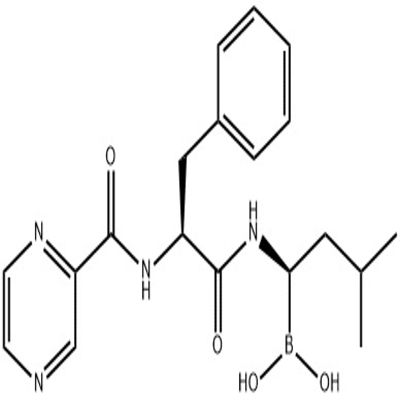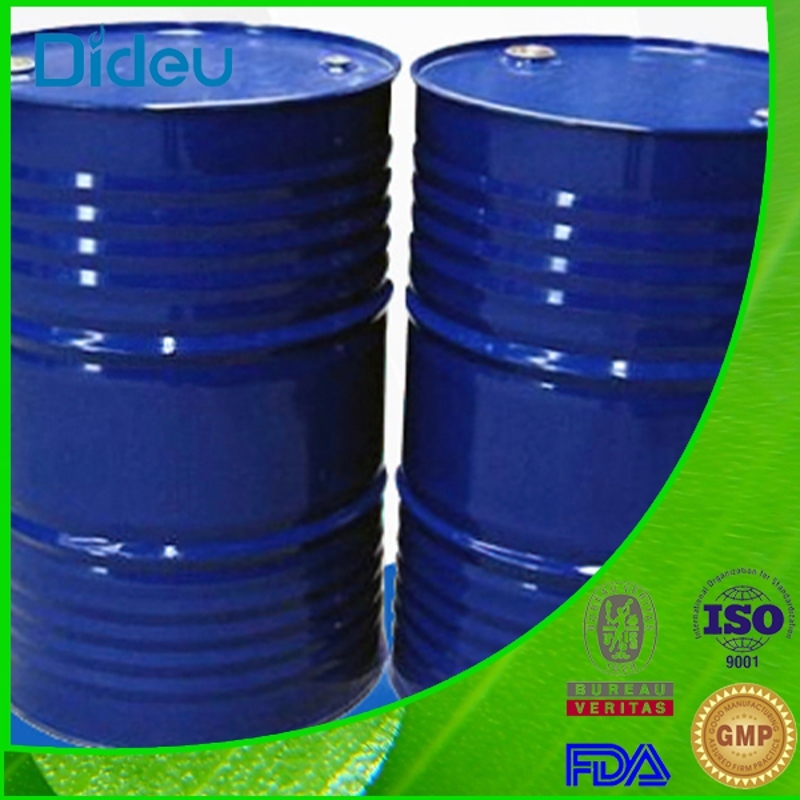-
Categories
-
Pharmaceutical Intermediates
-
Active Pharmaceutical Ingredients
-
Food Additives
- Industrial Coatings
- Agrochemicals
- Dyes and Pigments
- Surfactant
- Flavors and Fragrances
- Chemical Reagents
- Catalyst and Auxiliary
- Natural Products
- Inorganic Chemistry
-
Organic Chemistry
-
Biochemical Engineering
- Analytical Chemistry
-
Cosmetic Ingredient
- Water Treatment Chemical
-
Pharmaceutical Intermediates
Promotion
ECHEMI Mall
Wholesale
Weekly Price
Exhibition
News
-
Trade Service
1,3-Dichloro-7-methylisoquinoline, also known as 1,3-Dichloro-7H-isoquinolin-7-ium chloride, is a chemical compound that is commonly used in the chemical industry.
It is a colorless solid that is soluble in water and has a strong, unpleasant smell.
It is primarily used as a catalyst in the production of polyethylene terephthalate (PET), a synthetic polymer that is widely used in the production of plastic bottles and other packaging materials.
The use of 1,3-Dichloro-7-methylisoquinoline in the chemical industry has raised concerns about its safety.
Some studies have suggested that the chemical may be harmful to human health, while others have found no evidence of harm.
It is important to carefully consider the potential risks and benefits of using this chemical in industrial processes.
One of the main concerns with 1,3-Dichloro-7-methylisoquinoline is its potential toxicity.
The chemical is classified as a Category 2 carcinogen by the International Agency for Research on Cancer (IARC), which means that it is possibly carcinogenic to humans.
Some studies have suggested that the chemical may increase the risk of cancer, particularly in people who have been exposed to high levels of the chemical over a long period of time.
However, it is important to note that the results of these studies are not conclusive, and more research is needed to fully understand the potential health risks associated with 1,3-Dichloro-7-methylisoquinoline.
In addition, the chemical is typically used in industrial processes in controlled settings, which may reduce the risk of exposure to the chemical and potential health risks.
Another concern with 1,3-Dichloro-7-methylisoquinoline is its potential toxicity to the environment.
The chemical is not highly water soluble, but it is known to be mobile in soil and groundwater, and it may persist in the environment for a long time.
Some studies have suggested that the chemical may be harmful to aquatic organisms, such as fish and other aquatic wildlife.
However, it is important to note that the potential environmental impact of 1,3-Dichloro-7-methylisoquinoline should be carefully considered in the context of the overall environmental impact of the industrial processes in which it is used.
In general, the use of this chemical in the production of PET is not expected to have a significant impact on the overall environmental health of the planet.
In conclusion, 1,3-Dichloro-7-methylisoquinoline is a chemical compound that is commonly used in the chemical industry, particularly in the production of polyethylene terephthalate (PET).
While some studies have suggested that the chemical may be harmful to human health and the environment, the results of these studies are not conclusive, and more research is needed to fully understand the potential risks and benefits of using this chemical in industrial processes.
It is important to carefully evaluate the potential risks and benefits of using 1,3-Dichloro-7-methylisoquinoline in any industrial processes, and to take appropriate measures to minimize the potential for harm to workers and the environment.







